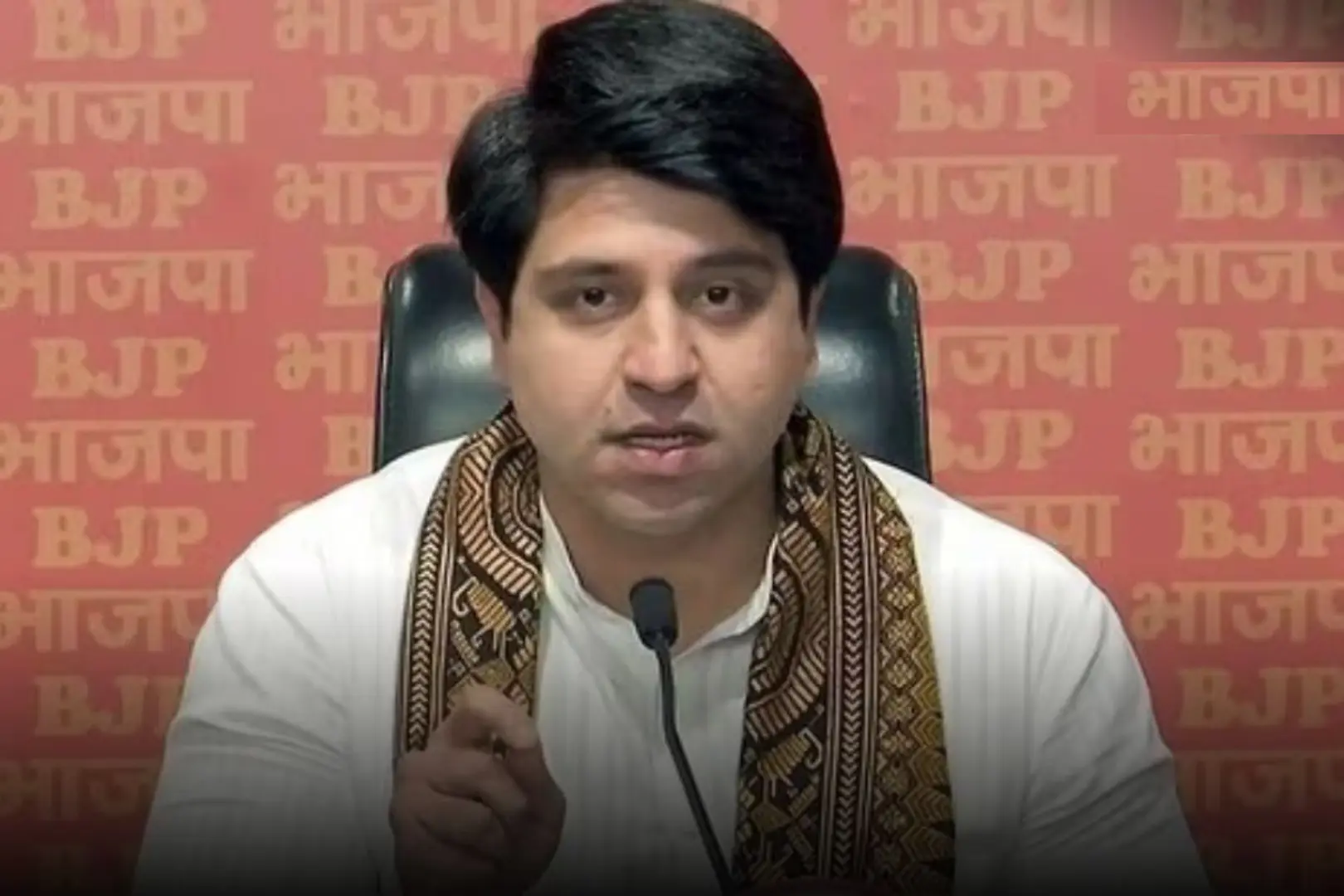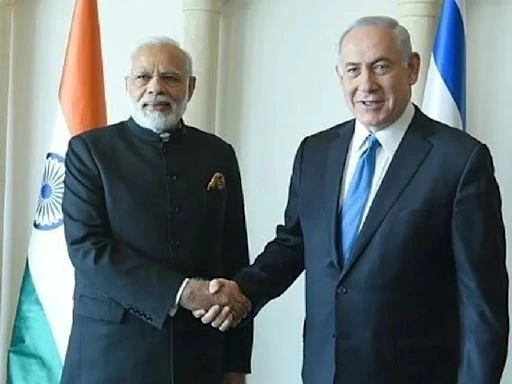03-Sep-2024, 04:47 PM
In a significant development aimed at delivering justice for the daughter of Bengal, the Central Bureau of Investigation (CBI) has arrested Sandip Ghosh, the former principal of RG Kar Medical College and Hospital. This arrest, made on September 2, 2024, comes in the wake of ongoing protests and demands for accountability following the tragic rape and murder of a woman doctor associated with the institution.
Background of the Case
The incident that sparked widespread outrage occurred on August 9, 2024, when a young female doctor was found brutally raped and murdered within the premises of RG Kar Medical College. The shocking nature of the crime led to immediate protests from junior doctors and medical staff, who demanded justice and better safety measures within the hospital environment. The protests highlighted the systemic issues surrounding women’s safety in medical institutions and the need for urgent reforms.
Arrest of Sandip Ghosh
Ghosh was taken into custody after a day of intensive questioning by the CBI, which had been investigating allegations of corruption and financial irregularities at the medical college. While his arrest is primarily linked to these corruption charges, many see it as part of a broader effort to address the failures that contributed to the tragic incident involving the young doctor. Critics have pointed out that Ghosh had previously evaded accountability, allegedly receiving protection from the West Bengal government under Chief Minister Mamata Banerjee.
Political Ramifications
The arrest has significant political implications, as it raises questions about the governance and safety measures in place under Banerjee’s administration. Opposition parties, particularly the Bharatiya Janata Party (BJP), have seized upon this moment to call for the Chief Minister’s resignation, arguing that her government has failed to protect women and ensure justice in such heinous crimes.
Ongoing Protests and Demands for Justice
As the investigation continues, junior doctors and various advocacy groups remain vigilant, demanding not only justice for the victim but also systemic changes to prevent such incidents in the future. They have called for the implementation of the Aparajita Bill, which proposes severe penalties for sexual violence, including the death penalty for certain cases of rape.
Conclusion
The arrest of Sandip Ghosh marks a pivotal moment in the quest for justice in the case of the murdered doctor. While it addresses some immediate concerns regarding accountability, the broader issues of women’s safety and systemic reform in medical institutions remain pressing. As protests continue and the investigation unfolds, the focus will be on ensuring that justice is served and that measures are put in place to protect the rights and safety of women in Bengal and beyond.





